In February last year, Nkosana Kenneth Makate was set to become the fifth-richest person in South Africa, just behind Patrice Motsepe.
Vodacom had just been ordered by the Supreme Court of Appeal to pay Makate at least R28bn for his role in creating the “Please Call Me” service, launched in 2001. It was meant to be the final judgment in a long legal battle stretching back to 2008, when Makate first took Vodacom to court.
Not surprisingly, Vodacom appealed. And not only was that ruling overturned, but Makate was ordered to pay R13m towards Vodacom’s legal fees. He plans to challenge this latest decision, and the case returns to the Supreme Court on November 18.
What’s striking is that his case was initially successful, with the court ordering Vodacom to compensate him fairly. Vodacom began with an offer of R10m, which he rejected, followed by R47m – again rejected. He wanted a share of Vodacom’s earnings from the invention instead.
Imagine being Makate. In February last year, you were expecting R28bn to land a massive payday. More than a year later, not only have you not been paid, but you also owe Vodacom. It’s a stunning turnaround.
It’s not the rights or wrongs of either side that interest me, but what lies beneath – the human story.
Makate’s life has been suspended for 17 years. The expectations are enormous. When you’re eyeing R28bn, or when your baseline expectation is at least a billion, the R47m offer inevitably feels like an insult.
And that’s the tragedy of expectation. Once your mind begins to imagine that kind of wealth, it’s almost impossible to return to reality. The dreams, the plans, the imagined future – private islands, New York penthouses, a chateau in France, Tuscan villas, private jets, five-star hotels – all scale up to match that number.
When you’ve built that lifestyle in your head, R47m feels small. Yet, that amount of money is intergenerational wealth. It’s life-changing – just not one dreamt on a R28bn scale.
As comedian Chris Rock once joked, if Bill Gates woke up with Oprah Winfrey’s money, he’d jump out of a window.
When is enough, enough?
A recent Wall Street Journal poll asked two simple questions: how much people earn, and how much they think they’d need to feel happy or less stressed.
The results were striking and revealed an obvious pattern: those earning $50,000 a year believed they needed $75,000 to feel comfortable, while those earning $100,000 believed they needed $150,000. Even at higher incomes, the pattern held – earners on $150,000 aimed for $200,000, and those on $250,000 said they’d need $350,000 to feel content.
The pattern is obvious.
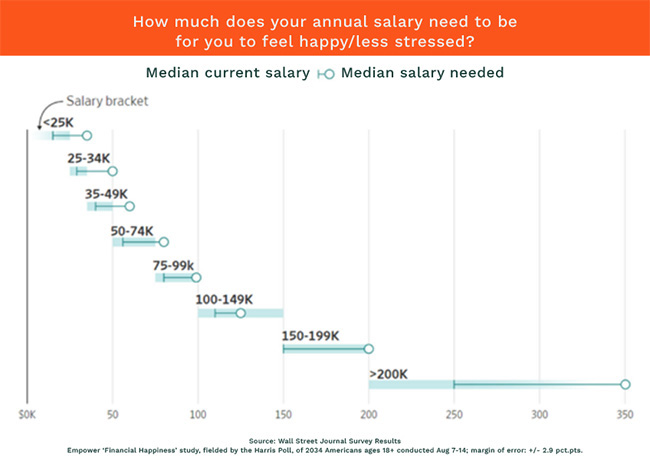
Two things stand out.
First, it’s tragic because it shows how elusive contentment becomes when it’s tied to what we want rather than what we have. No matter how much we earn, we’ll always want more. The goalposts keep shifting.
Second, this constant striving is also humanity’s greatest driver. It pushes us to improve our lives, become more productive, and grow the economy. That pursuit creates jobs and raises living standards. Because of it, we’re immeasurably better off today than 50 years ago. There’s no contest.
It’s a double-edged sword, like most things in life.
Taking stock
I hope this battle between Makate and Vodacom ends soon. Seventeen years is a long time. For Makate’s sake, it needs closure so he can move on with his life.
But there’s a broader lesson here. We can’t escape our nature. The desire for more – the endless pursuit of enough – is part of being human.
Charlie Munger once said happiness often comes from lowering expectations. He wasn’t arguing against ambition, but pointing out a truth about behaviour: disappointment is the gap between reality and expectation. Narrow the gap, and life feels lighter.
Progress comes from that restlessness; from the pursuit of striving for more. But perhaps the trick is to hold both truths at once – to keep moving forward while being grateful for where we already are.
Gratitude doesn’t change our nature; it simply reminds us that “enough” often already exists – right here, right now.
Top image: Nkosana Kenneth Makate. Picture: Gallo Images/City Press/Leon Sadiki; Rawpixel/Currency collage.
Sign up to Currency’s weekly newsletters to receive your own bulletin of weekday news and weekend treats. Register here.



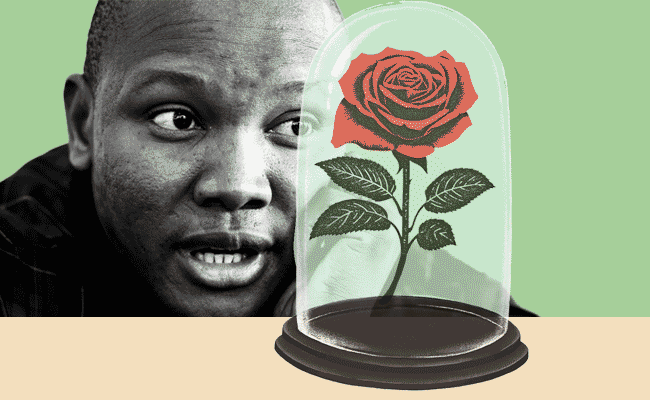
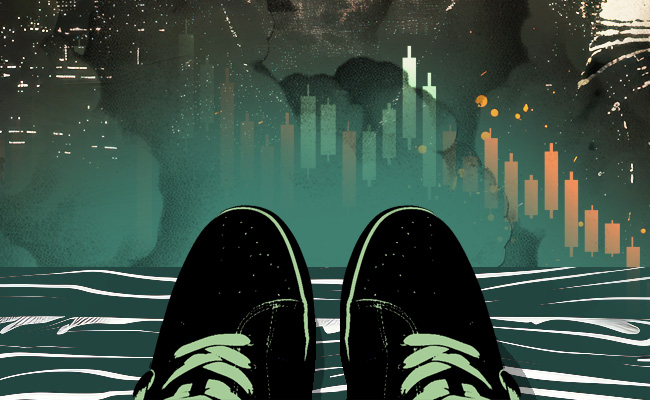
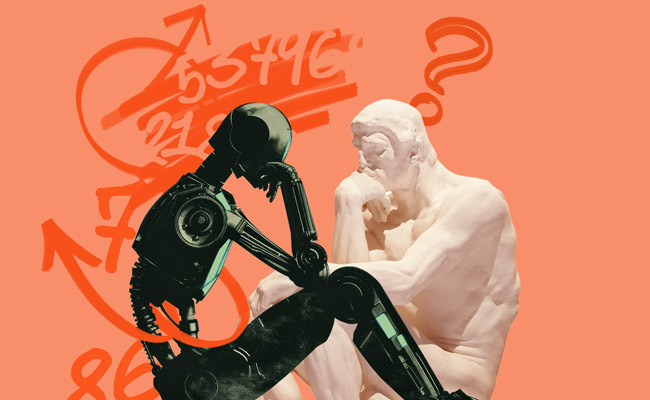
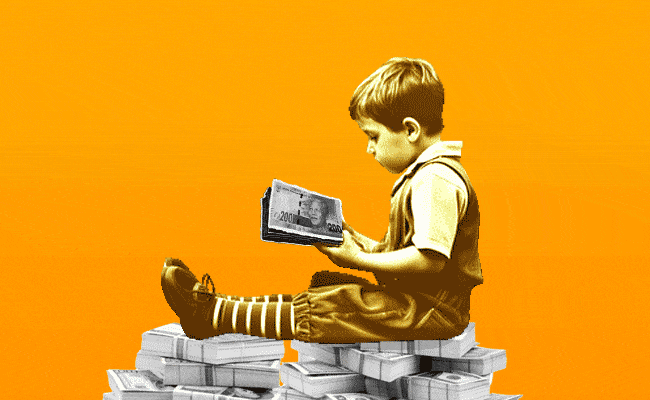

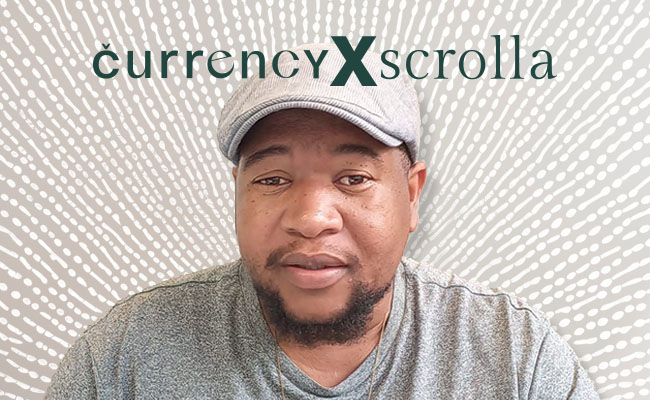
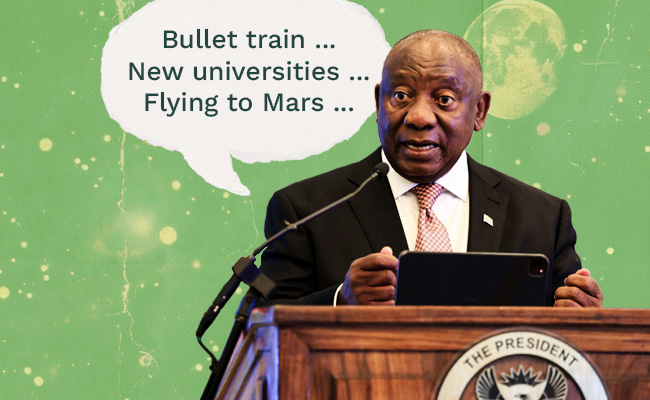
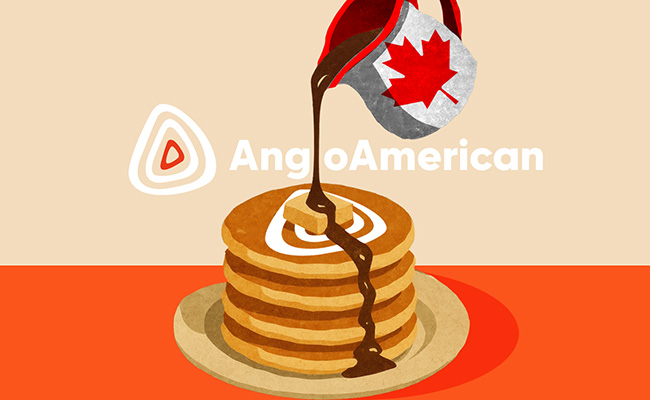
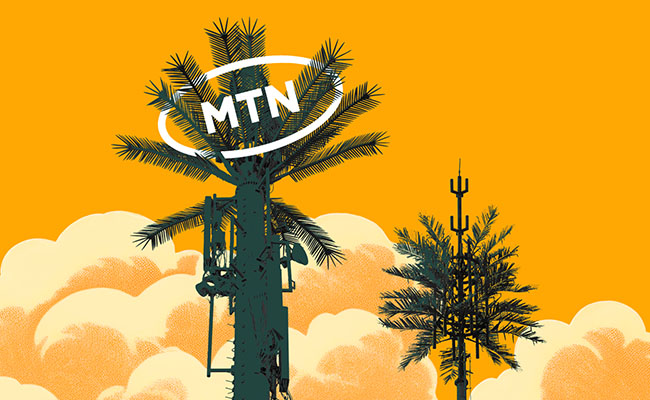



What an excellent article !!!!!!!!!!!!!!!!!
Excellent advice right here.
Lovely read thank you
Stunning. And spot on.
When you mentioned: ‘…The dreams, the plans, the imagined future – private islands, New York penthouses, a chateau in France, Tuscan villas, private jets, five-star hotels – all scale up to match that number”. You forgot to add in there, “A mansion with a glass ceiling and a perspex transparent swimming pool in the ceiling with naked women swimming”.